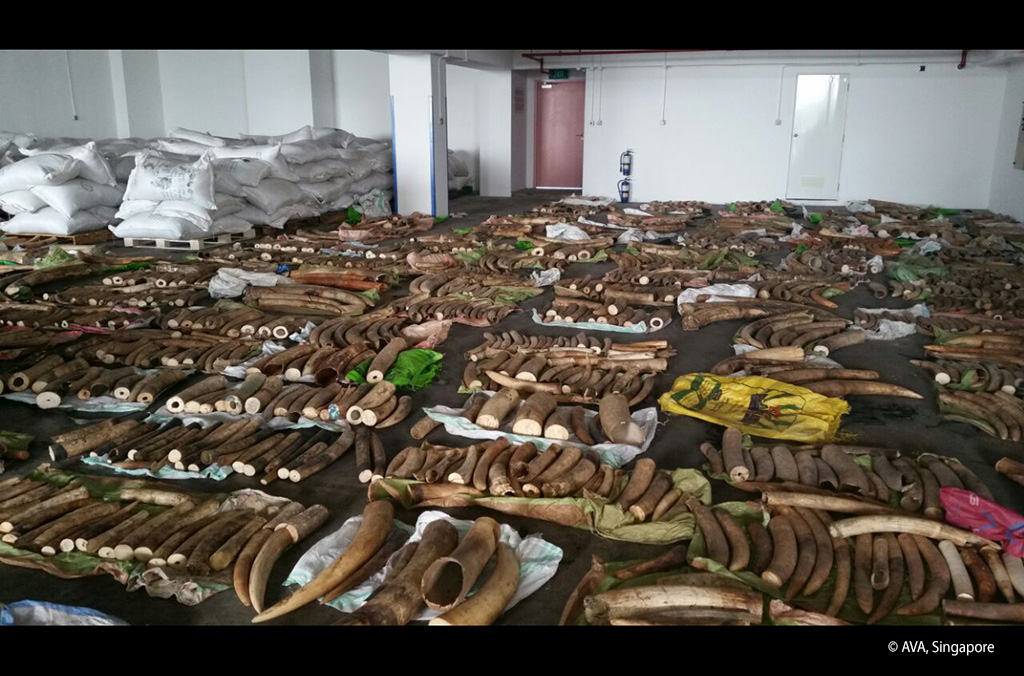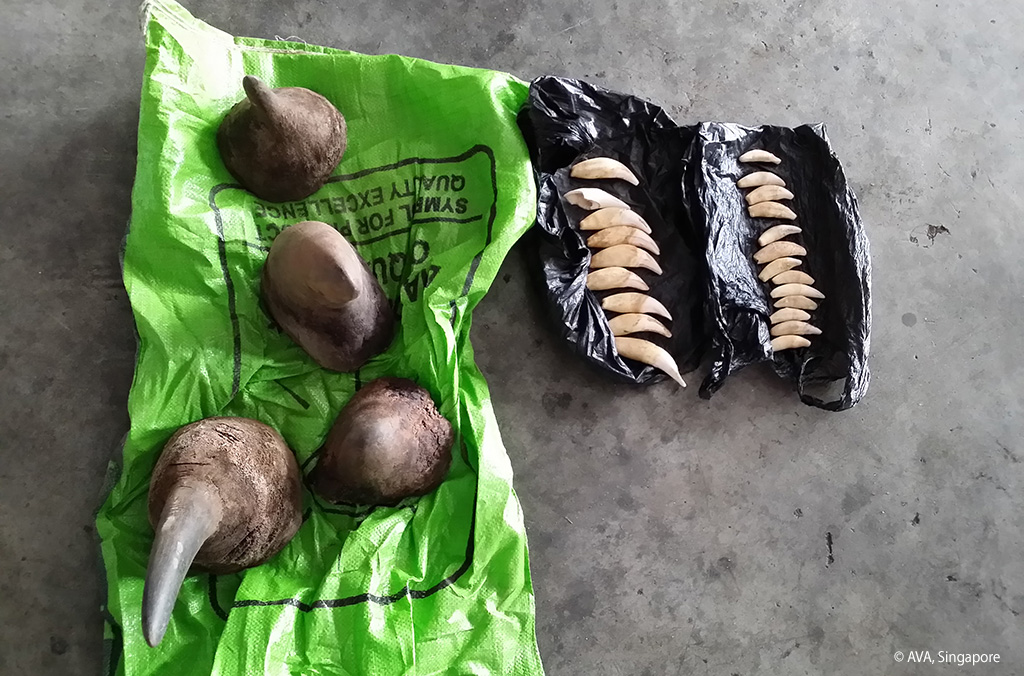LYON, France – An INTERPOL operation against wildlife trafficking has served as a reminder on World Environment Day of the essential role played by transnational law enforcement collaboration in protecting the world’s natural resources from the harm caused by environmental crime.
Undertaken between April and May of this year across 17 countries in Asia and beyond, Operation Paws II (Protection of Asian Wildlife Species) targeted criminal networks involved in wildlife crime.
The operation sought to enhance communication and intelligence sharing between countries regionally and globally, including via cyber investigations, intelligence and DNA analysis, and joint enforcement activities involving police, customs and wildlife agencies.
The Director of Central Investigation Bureau (CIB) of Nepal Police, Hemant Malla, said: “Operations like Paws II have promoted wider partnership and collaboration amongst law enforcement agencies at a regional and international level. Each time we arrest wildlife criminals we are stopping their poaching, and enforcement actions contribute to the protection of the world’s wild tiger populations.”
During the operation, after Nepal Police seized tiger skin bones from a village on the India-Nepal border, INTERPOL facilitated communications between investigators in both countries to assist them identify and arrest an alleged tiger poacher. The suspect, Ramjas Banjara, remains in custody in Bardia, Nepal.
The operation’s investigative outcomes included the publication of INTERPOL Purple Notices on the smuggling methodology and concealment methods of trafficked wildlife animals.
“Operation Paws II is aimed at taking the fight against wildlife trafficking to the criminals. It highlights the importance of intelligence-led investigations and analysis that can lead to apprehending the criminals behind these crimes,” said Glyn Lewis, INTERPOL’s Director of Specialized Crime and Analysis.
During the operation, more than 13 tonnes of pangolin products were seized, representing some 1,000 animals at an estimated street value exceeding USD 2 million. In Singapore alone, authorities seized almost 1,800 pieces of elephant ivory, four pieces of rhino horn and 22 pieces of big cat teeth, worth some USD 5.2 million in total.
Through initiatives such as Project Predator (tigers and Asian big cats) and Project Wisdom (elephants and rhinos), INTERPOL is supporting member countries in their efforts to investigate and analyse information relating to seizures of ivory made during the operation. The final results of Operation Paws II will be presented at an investigative support meeting later this month hosted by Royal Thai Police in Bangkok.
In addition to organizations such as the South Asia Wildlife Enforcement Network (SAWEN), USAID and the International Fund for Animal Welfare (IFAW), participating countries in Operation PAWS II included Bangladesh, Bhutan, Cambodia, China, India, Indonesia, Laos, Malaysia, Myanmar, Nepal, Singapore, Thailand, Vietnam, with support from Australia, Canada, Russia, and the United States.





